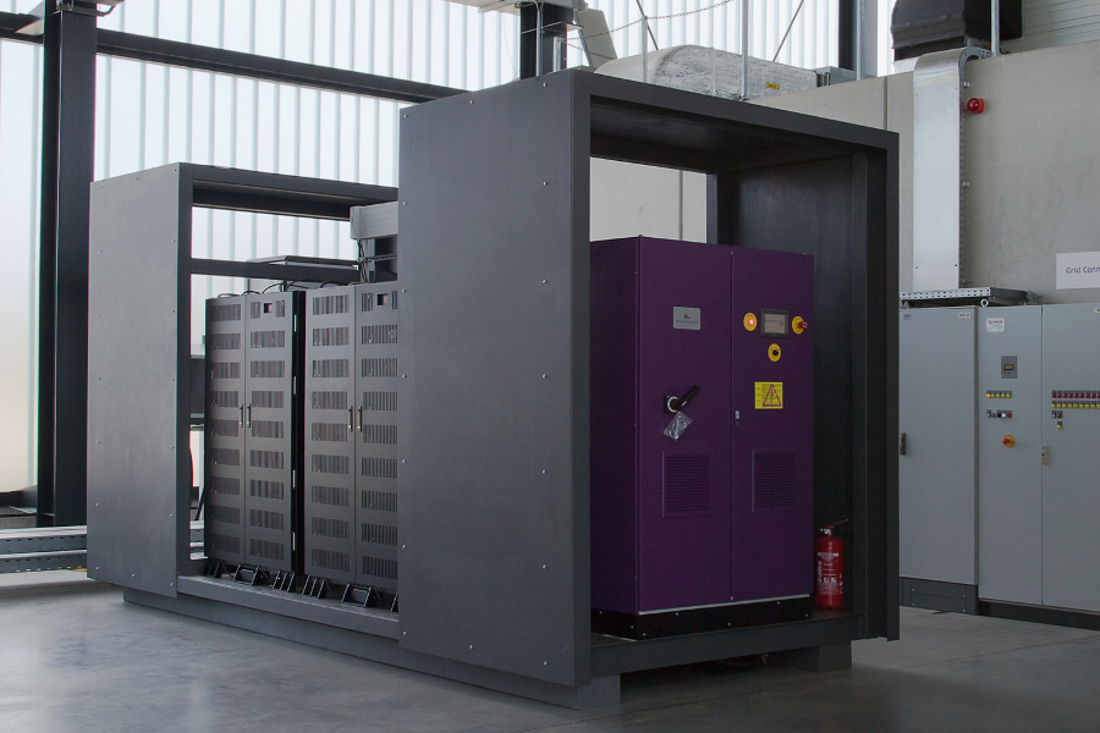
Solar installers looking into storage applications for commercial properties will need to offer more than just load shifting for them to be viable, Centrica’s Chris Morrison has said.
Speaking to Solar Power Portal, Centrica’s head of energy construction services explained that storage is an area the company’s newly-created distributed generation business is placing significant focus on moving forward.
This work mainly constitutes retrofits of battery storage technologies on existing solar assets, however Morrison warned that simply focusing on load shifting “isn’t enough” to commercialise the technology.
“We have to focus on some frequency response, other grid revenues and Triad, so you really have to know your customer’s half-hourly usage. Then you need to be able to connect remotely to that battery and run the optimisation programme… to optimise grid revenue streams,” Morrison said.
The UK’s Triad system identifies the three half-hourly settlement periods between November and February with the highest demand, and uses them to determine charges for half-hourly customers.
It’s in commercial customers’ best interest to minimise their exposure to these Triad periods, and battery storage technologies used in conjunction with management systems are ideally placed to achieve that.
Morrison explained that British Gas had partnered with companies providing battery management software as well as technology suppliers to achieve this, resulting in a suite which the company had termed a ‘Virtual Power Plant’.
This system connects British Gas employees to battery assets remotely, allowing them to run management strategies that generate grid-related revenues as well as load shifting patterns.
“There's the engineering complexity of the battery, and the commercial complexity in terms of running a battery to maximise your revenues. It's all those kinds of things where we're able to bring our existing capabilities to bear throughout the business,” he added.
Centrica’s distributed generation division has been earmarked as a strategic area of growth for the company and is to receive investment over the next five years. British Gas Solar remains a central component to that division, however the company has added the likes of energy management firm ENER-G and energy trading firm Neas Energy to its ranks in recent months.

